world Cup
Portugal's Golden Generation: Has your time come?
How surprising the year 2022 could be for Portugal. This new generation can stand out with the leadership of Cristiano Ronaldo.
Advertisement
After winning the unprecedented Euro, Portugal seeks the unprecedented World Cup title
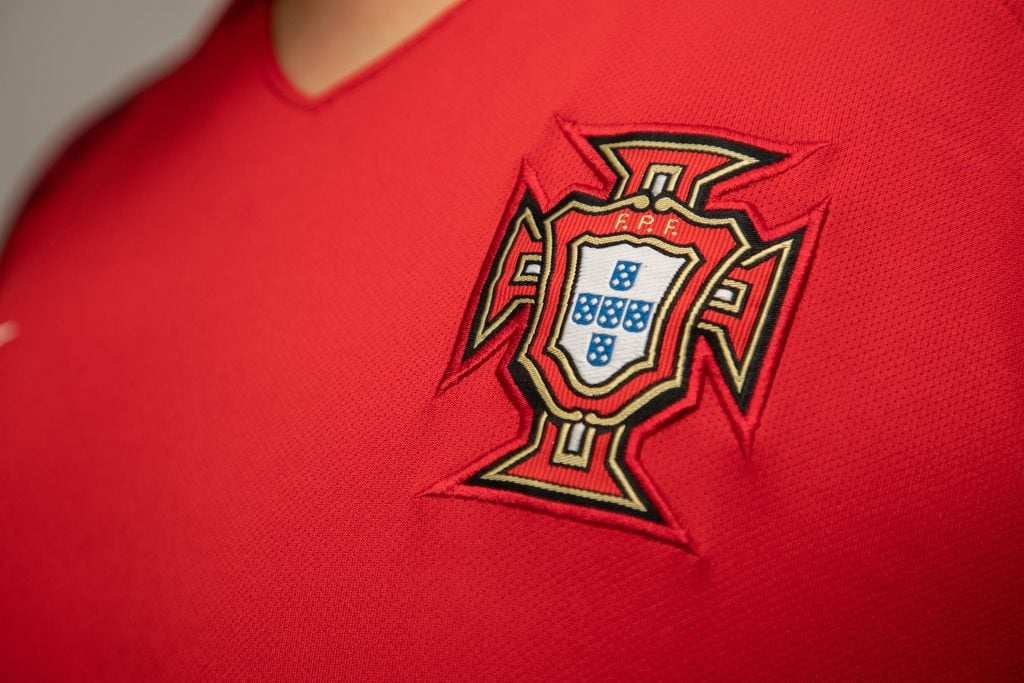
The FIFA World Cup Qatar 2022 is about to start and the discussion about the favorites and underdogs brings into discussion one of the issues that permeate national team football.
Would this generation in Portugal be the golden generation?
As soon as this topic arrives at the bar table, at the sports program tables, there are arguments for and against this title attributed to this generation of Cristiano Ronaldo and company.
To reach the conclusion of this question, or not, let's remember previous generations and the points in favor and against this definition.
Come and follow the Portuguese team at the biggest football event in the world at Futemax, with all the comfort and anywhere.
History of Portugal's generations
Portuguese football, with a few exceptions, was not considered a source of talent within the European continent. So much so that his performance was average in the world championships.
The team is new, with just 100 years of life, completed in 2021 and with only seven participations in World Cups, counting in 2022.
In European championships, he participated in half of the 16 editions held since 1960.
After this information necessary to understand the status of Portugal, we will now focus on the generations that arose before the current Portuguese generation.
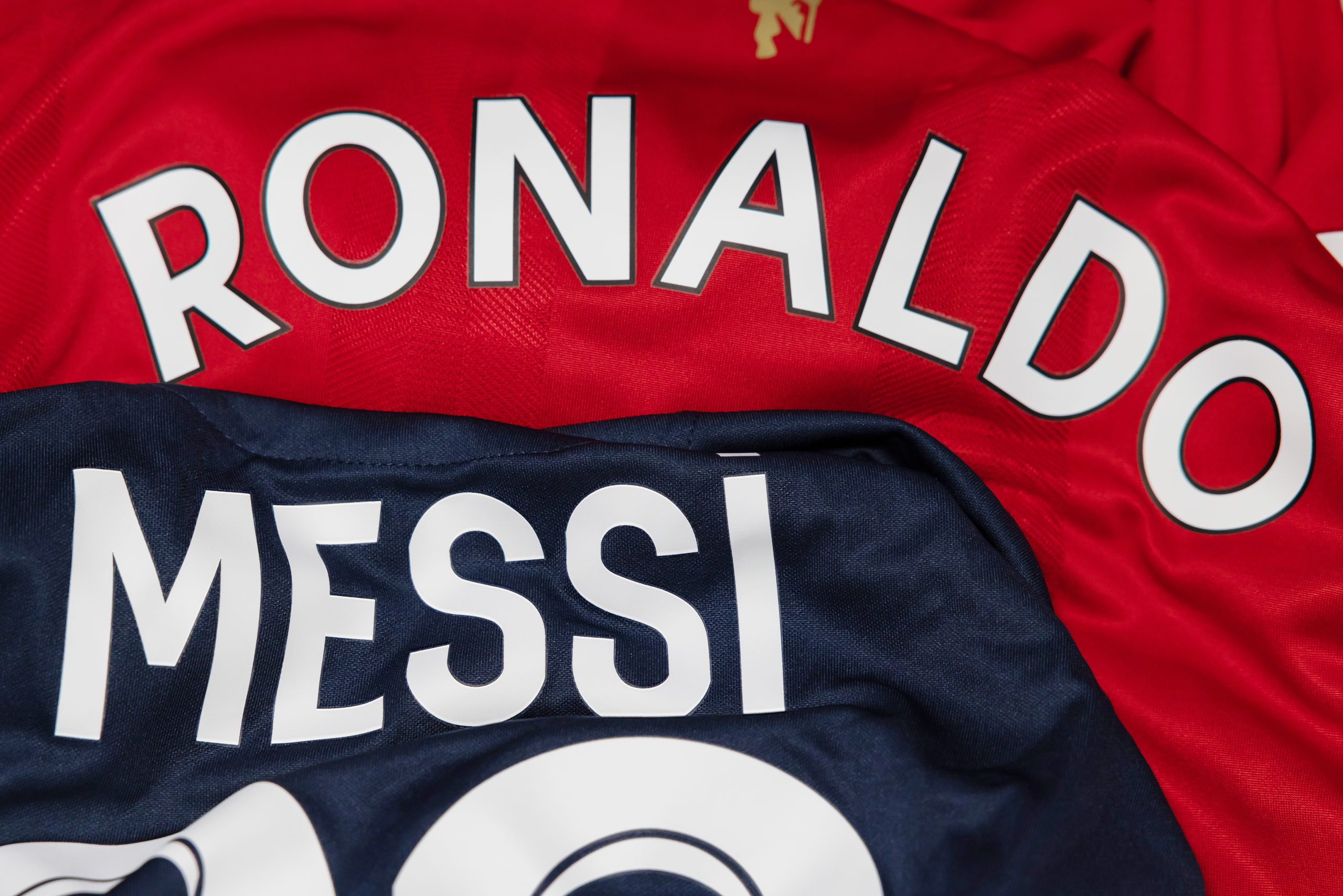
Who of them can win the World Cup?
After almost 20 years of competition to find out who would be the best in history, the rivalry comes to an end, in the 2022 World Cup.
Golden Generation 60s?
Since its foundation, the Portuguese team has spent more than 40 years in the process of construction and recognition within Europe.
After hitting the post in the qualifiers for the 1958 and 1962 World Cups, the Portuguese broke the barrier and went to their first World Cup.
The 1966 edition, held in England, was the first opportunity for players to emerge for Europe and the World Cup.
It was supported by Benfica, one of the main clubs in the country and in Europe, which dominated the continent with two Champions Cup titles in 1960/61 and 1961/62.
The great highlight of this generation is Eusébio, with the class and great decision-making power that led him to be the team's top scorer until the arrival of CR7.
In the edition of the World Cup on English soil, they had a positive campaign, beating the Brazilian team in the first phase by 3-1.
They reached the semi-finals, losing to England, the champion of that edition. In the dispute for 3rd place, the Soviet Union wins and is only behind the English and Germans.
However, the initial success did not last and the team fell into oblivion until the 1980s.
The 1980s generation
After 1966, the Portuguese went into decline, with a lengthy renewal process that did not result in classification for the World Cup and Euros.
At the beginning of the 1980s, new players emerged and gave the Portuguese new hope for better days.
They are called up and begin to highlight players such as:
- Jordan;
- Fernando Chalana;
- Jaime Pacheco;
- Fernando Gomes.
The first result is the historic classification for the European national team championship, in 1984, in France. And the surprise was positive.
With a team that positively surprised Europe, it had five victories in the first phase, passing Finland, the Soviet Union and Poland, third place in the 1982 World Cup.
In the second phase, they qualified from the group that included Spain, Romania and West Germany, with two draws and a very important 1-0 victory against the Romanians.
In his first participation, a semi-final. And a game to go down in the history of the Portugal team.
Against France, a draw in normal time with clear chances of victory. In extra time, after taking the lead, they conceded two goals from the French in the last five minutes and were left out of the final.
Two years after their historic European Championship campaign and after two decades, the Portuguese returned to the World Cup after qualifying dramatically against the East Germans.
However, on Mexican soil, disappointment gripped the Portuguese people after losing two of the three games in their group and stopping in the first phase.
Soon after their elimination, the players fought against the Portuguese Football Federation, in what was called the Saltillo scandal, which forced Portuguese football to rebuild itself.
Portugal's Golden Generation: first phase
After a process of renewing the national team, the Portuguese passion for football is reborn with strength and reinforces the feeling of homeland.
With talents such as Luis Figo, Rui Costa, Pauleta and João Vieira Pinto, two-time FIFA World Cup champions between the 1980s and 90s, they provided a new opportunity to participate in the main events of world football.
After 12 years of absence, this generation qualified Portugal for the European Championship, where they ended up in the quarter-finals against the Czech Republic.
Despite their hopes, this generation failed to qualify for the French Cup in 1998. Their return would be in style at Euro 2000.
In the edition played in Belgium and the Netherlands, they qualified first in the group containing Romania, Germany and England, with a historic 3-2 victory.
After eliminating the Turks in the quarter-finals, fate wanted the semi-final to be again against France, in a game defined once again in extra time.
In a very controversial penalty and whistled after consulting the flag, Zidane converted from the spot and eliminated the Portuguese with the golden goal by 2-1.
Two years later, Portugal did not perform well in the Korea and Japan Cup, being eliminated in the first phase, which paved the way for a historic change in Portuguese football.
School era
In an attempt to seek greater recognition and remain relevant, the Portuguese Federation signed Luis Felipe Scolari, five-time world champion with the Brazilian team in the 2002 World Cup.
Focused on bringing the love for the national team and the consolidation of great local talents, added to the rise of Luis Figo, a new phase begins in local football, a work that would bring results in the next competition.
In Euro 2004, played at home, the Portuguese had the fans behind them and overcame their opponents. If it wasn't talent, it was race and overcoming until reaching the grand final.
Even with the Estádio da Luz full and the fans playing in their favor, the Portuguese were overtaken by the underdog, Greece, and finished runners-up.
The Euro was the gateway for a new talent coming from Madeira Island who was in his debut season at multi-champion Manchester United, a certain Cristiano Ronaldo.
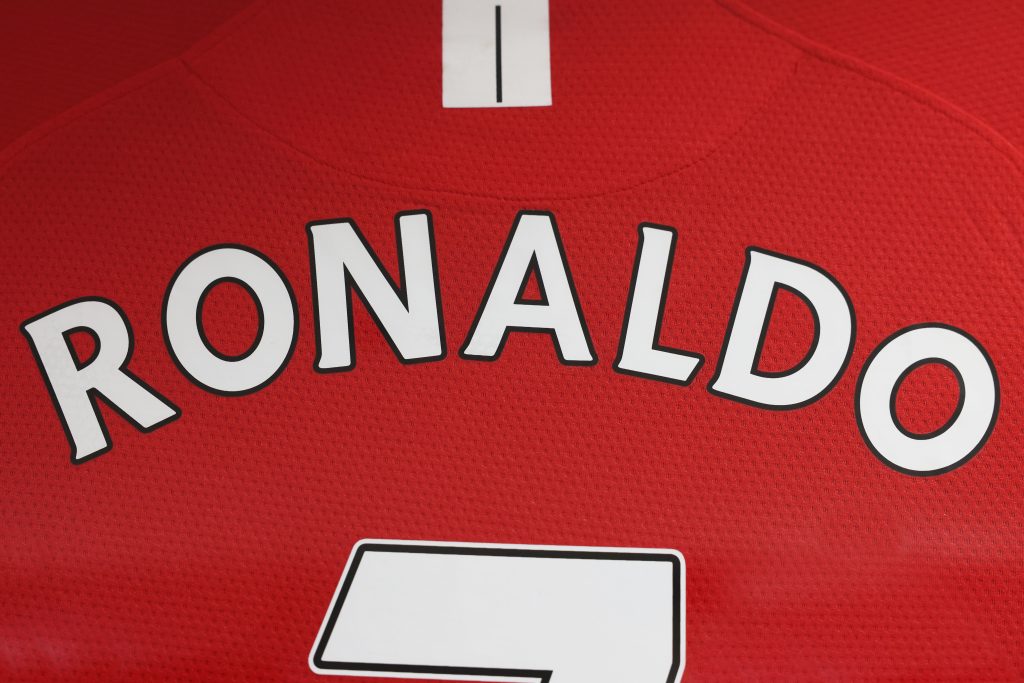
In the 2006 World Cup, the Portuguese already had Cristiano as their protagonist and went past their opponents and reached the semi-final, after winning on penalties against England.
The semi-final marked another reunion against France, just like in 1984 and 1996. Just like the other times, they ended up 1-0, with a goal from Zidane. They finish the competition in fourth place.
Since then, Portugal has participated in all editions of the World Cup and the European Championship, with campaigns considered average for what was expected, with only CR7 as a big star.
Portugal's Golden Generation 2: Euro 2016
After going through embarrassments, such as Germany's 4-0 victory in the 2014 World Cup in Brazil, and the arrival of Fernando Santos, a coach of little expression with a game idea based on the defensive part, things change a lot.
Not exciting the critics, the new golden generation reached the grand final of Euro 2016, held in France, against the home team.
Without CR7 on the field, injured and as a technical assistant, Eder's unlikely goal in extra time makes these players go down in history. This was the first title in history and the consecration of a work begun in the early 2000s.
In the following edition, the World Cup in Russia, expectations fell by the wayside with the elimination in the round of 16 for Suárez and Cavani's Uruguay.
The following year, Portugal had an excellent Nations League and won the first edition of the new competition organized by UEFA.
Which of them is Portugal's Golden Generation
This question is difficult to answer, as each phase has its importance for the country's history.
The generation of the early 2000s helped to consolidate national team football in Portugal. And the 2004 Euro and 2006 World Cup campaign provided the basis for what would come in the future.
The main players of that time were:
- Luis Figo;
- Pauleta;
- Domingos Patience;
- João Moutinho;
- Fernando Couto.
The current generation, with many more companions for Cristiano Ronaldo, brought the missing titles to the team. In this generation, we have as references:
- Cristiano Ronaldo;
- Bernardo Silva;
- Nuno Mendes;
- Pepe;
- André Silva.
The discussion remains, but what we cannot forget is that Portuguese football was no longer the same after the arrival of Portugal's Golden Generation, whether in the 2000s or the current one.
Can Portugal go far in the Qatar edition?
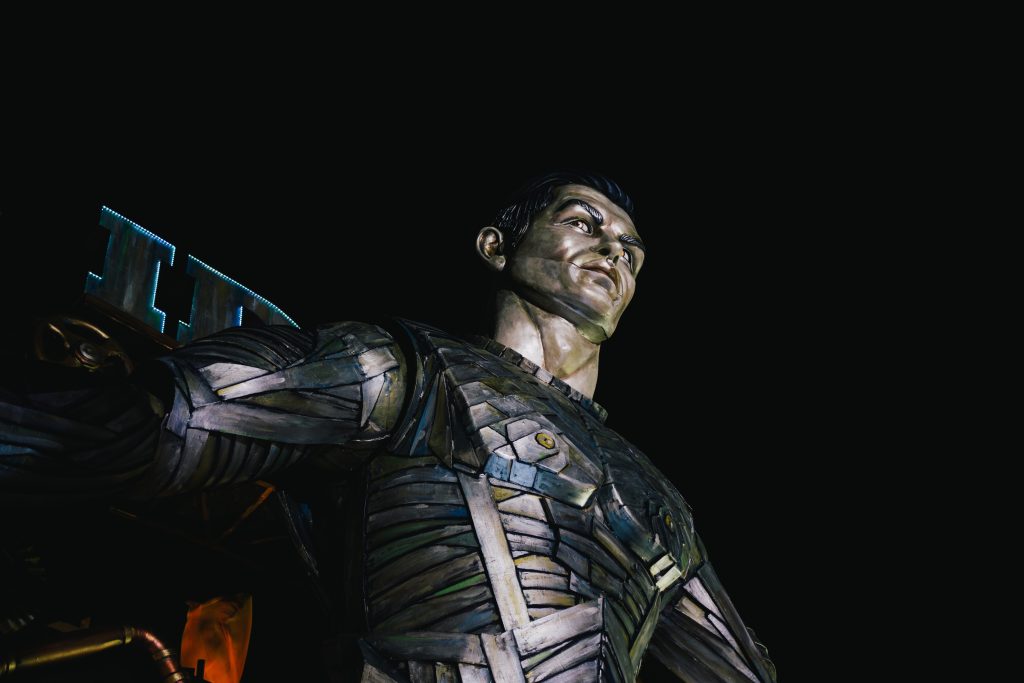
About the author / Vinícius Paula
Trending Topics
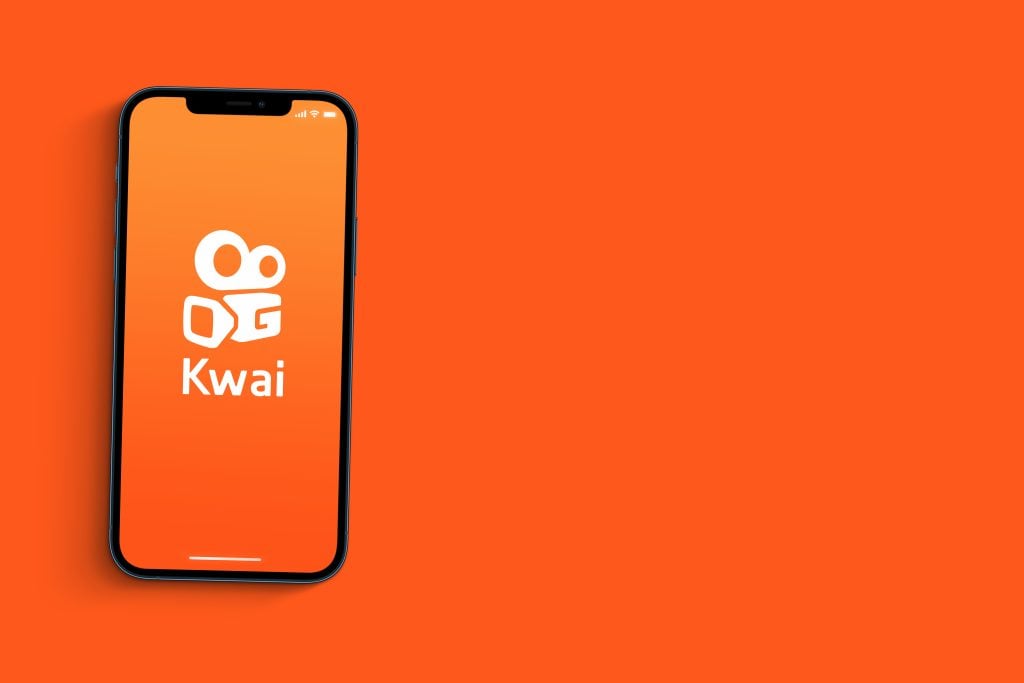
Kwai: The video app that pays you in cash!
Find a world of creativity and rewards on Kwai! Discover the app to enjoy engaging videos and the chance to earn money.
Continue lendo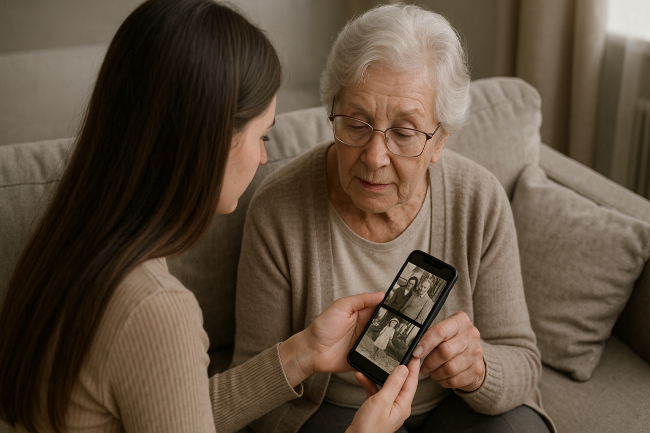
Dr.Fone App: Recover Photos Magically!
Dr.Fone App: Discover how to recover deleted photos and protect your phone's memories quickly and safely.
Continue lendo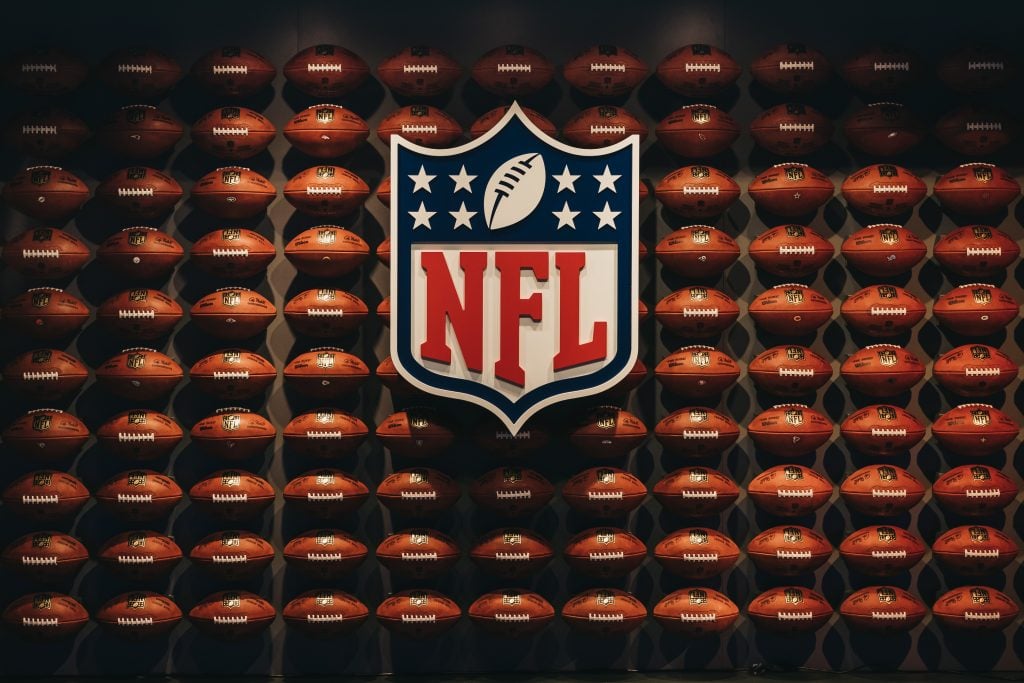
From touchdowns to streaming: Best apps to watch all nfl games
Want to discover the best apps to watch all NFL games? Just click the button below to find out how to download them.
Continue lendoYou may also like
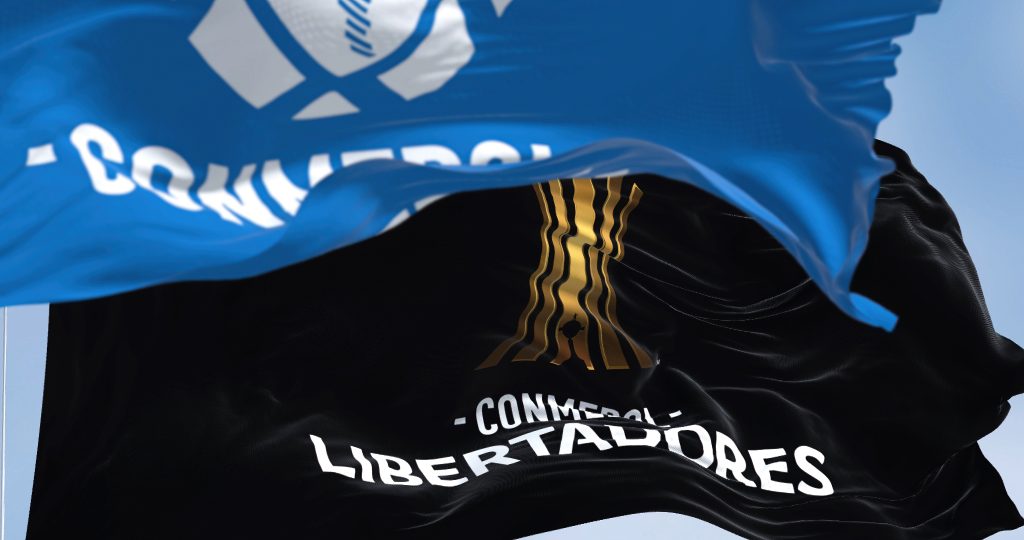
Libertadores live: today's games, how to watch and much more!
If you don't know where to watch the 2023 Copa Libertadores live, see all the details in our article.
Continue lendo
How to use League, the dating app for professionals
Want a relationship that fits your professional lifestyle? League is the dating app for ambitious people looking to connect.
Continue lendo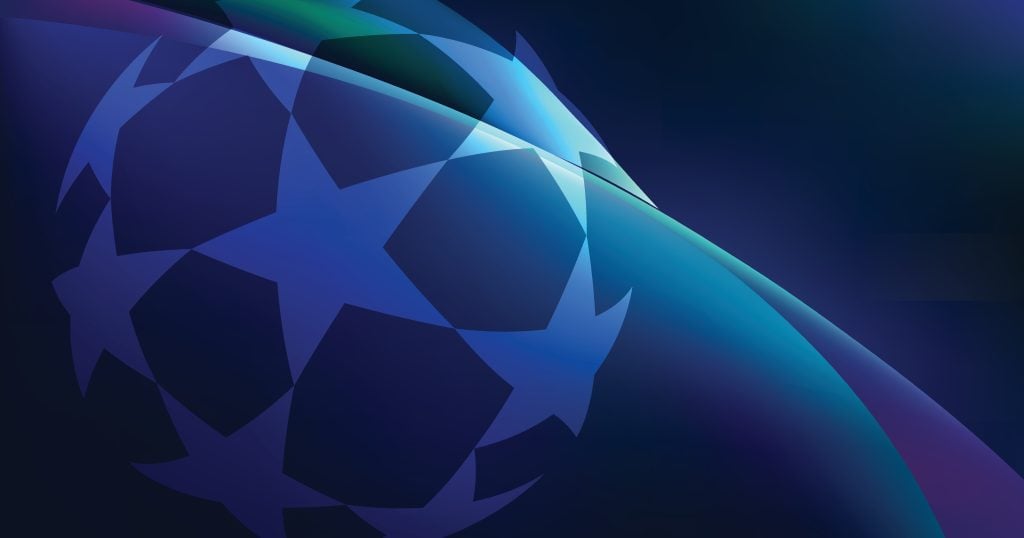
Watch the Champions League live and don't miss a single thing!
Europe's biggest club competition is almost back, so here's how to watch Champions League games live.
Continue lendo